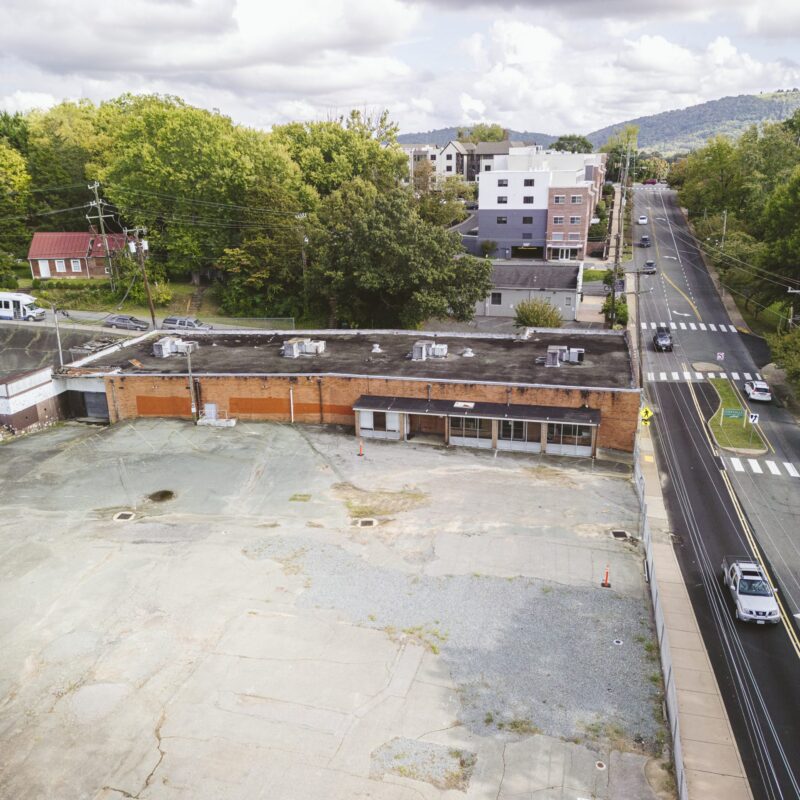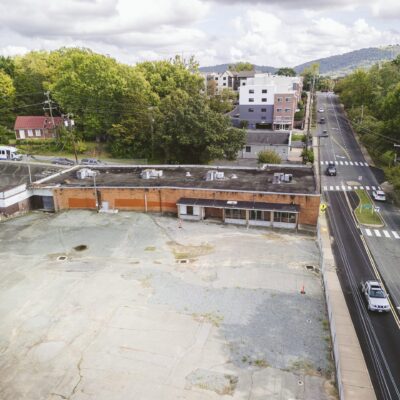Over the weekend I watched the documentary Off the Grid: Life on the Mesa, which tracks a 400-person community in remote northern New Mexico. Folks there live disconnected from the electric grid (and have no modern plumbing), and there is indeed an environmental aspect to the film (its title tells me that the filmmakers wanted to suggest as much).

One Mesa resident, named Maine, with his abode. Photos courtesy Still Point Pictures.
But residents here—at least those featured in the movie—are not living the way they do primarily to shrink their footprints. Mostly, they’re here for social and psychological reasons, and because they believe in a kind of freedom that makes them suspicious of government. Many are into guns. Many are military veterans dealing with post-Gulf War fallout. One scene in the film shows Mesa-ites setting fire to cars for fun.
As I thought about the film, I remembered my visit to Twin Oaks in Louisa County—another place where people relocate in a conscious break with mainstream society. Twin Oaks is a lot more explicitly eco-conscious than the Mesa seems to be, and it’s also more aesthetically pleasing (in terms of its built environment, not its setting). It’s gentle and peaceful, at least on the surface, in contrast to the Mesa’s defiant vibe.
But just because I and many other greenies more readily identify with the style of Twin Oaks doesn’t mean that it’s greener. It would take an in-depth comparison to really figure out which community has a smaller impact. Twin Oakers burn sustainable wood; Mesa-ites live on solar power. Twin Oakers buy some of their food from big corporations; Mesa-ites seem to burn a lot of gasoline.

A Mesa mother, bathing her kids in collected rainwater.
In the end, not everyone is going to turn into a hippie and join a commune in the Twin Oaks model. The whole society, including all stripes of people, will have to learn to live with less; this film makes you confront what a stripped-down life, with few possessions, actually looks like. One Mesa resident describes how she sometimes has to eat off dirty plates because there simply isn’t enough water to wash the dishes. This could be the future, whether we personally choose it or not.
Anybody else seen this film? What did you think?



